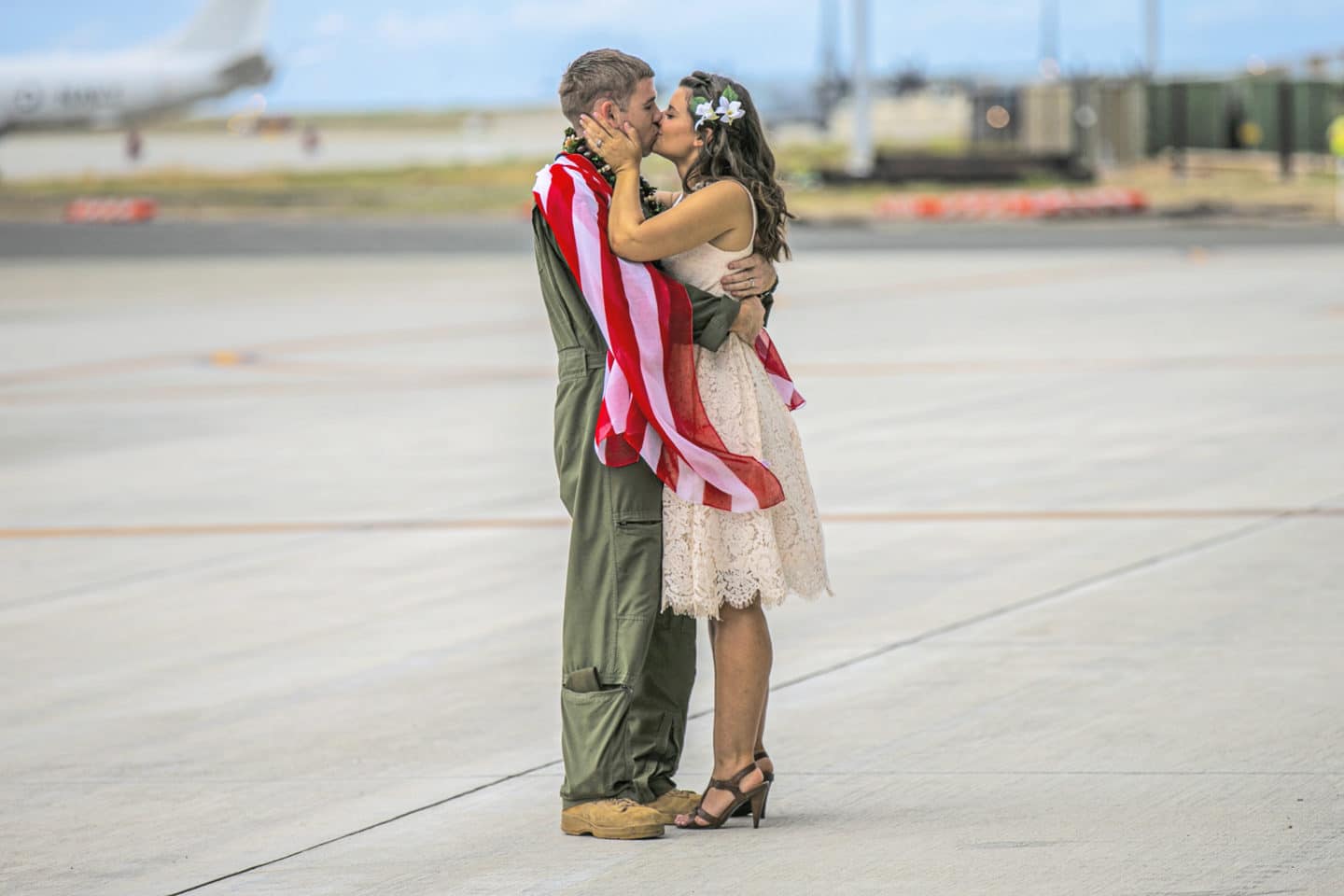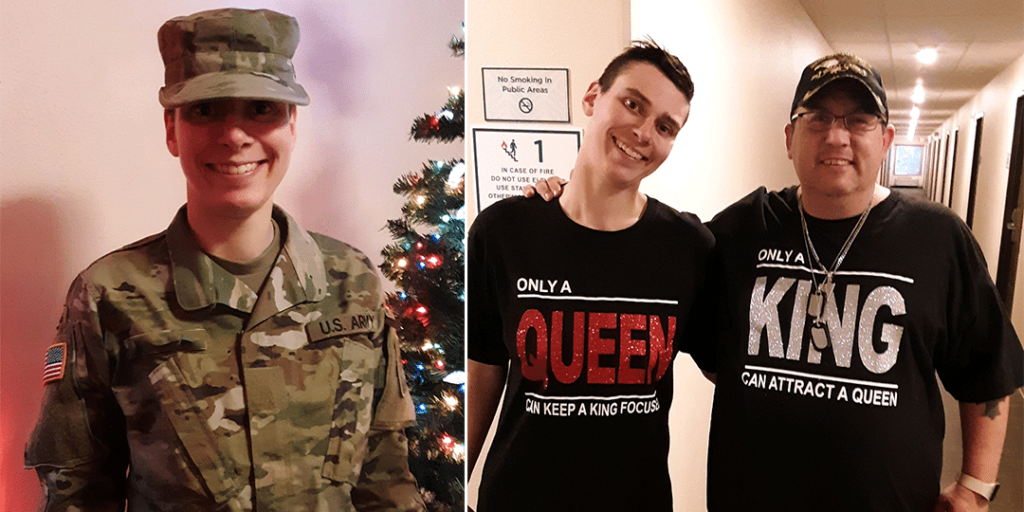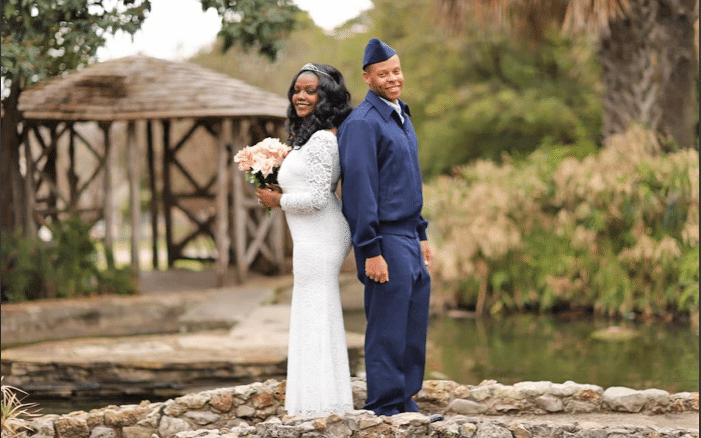Chances are, if you’re dating someone in the military, you’ve had to deal with distance. Military relationships can be exciting, but they’re also challenging. Training schedules can be grueling, access to phone or email can be limited, and a relocation or deployment always seems to be just around the corner. But distance can lay the groundwork for a solid, lasting relationship. Here are ten tips to make the most of your long-distance military relationship:
1. Long Distance Makes You Better Communicators
Distance can improve intimacy. One study found that couples in long-distance relationships were more likely to communicate deeply and share meaningful thoughts and feelings. And good communication is one of the most important elements of a successful relationship. So try not to dwell on the negatives, and think about what you’ll gain from the distance instead.
2. Know That It Gets Better
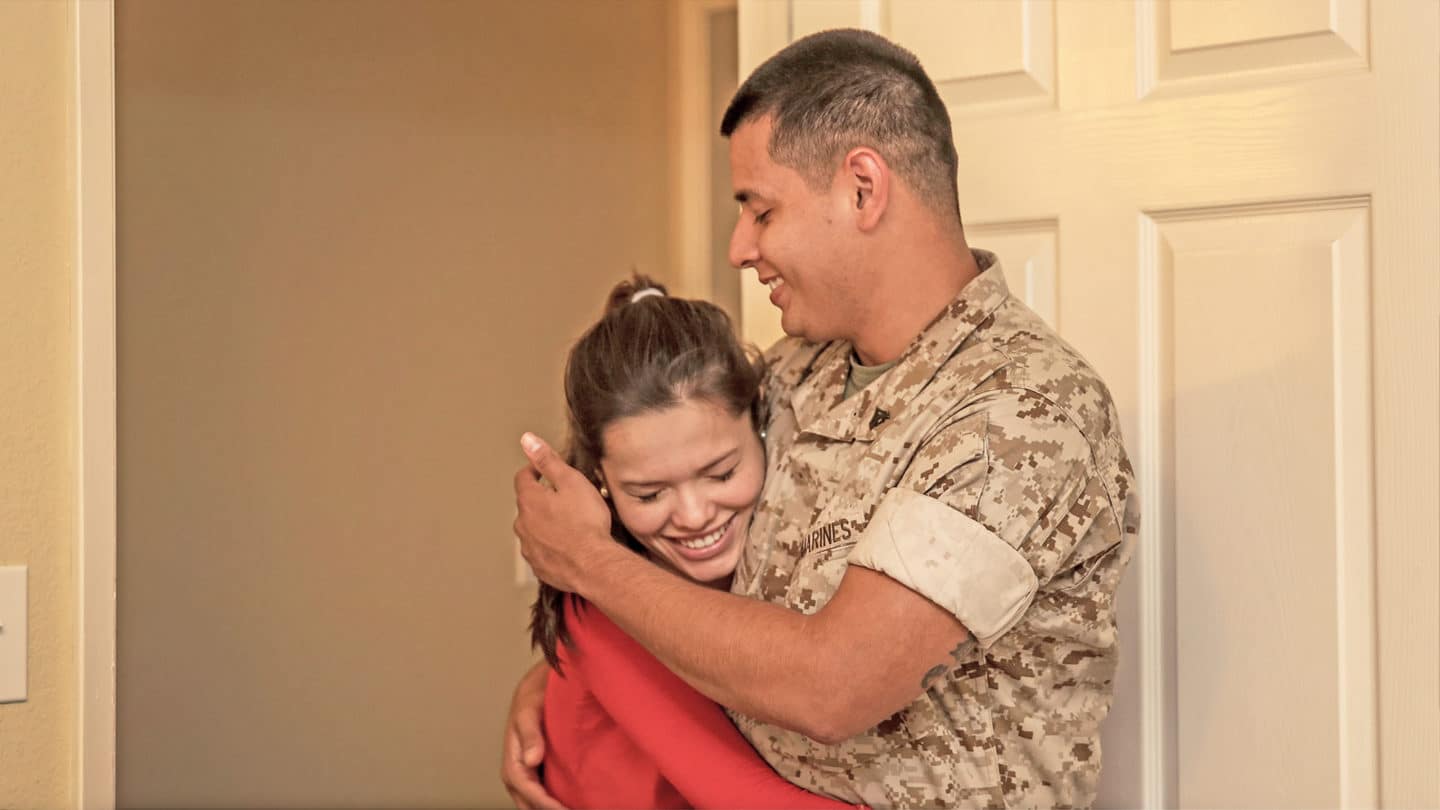
A recent study found that the four-month mark is the most difficult time during a long-distance relationship; but after eight months, it gets easier. So if you’re experiencing some tension a few months in, know that the rough patch isn’t likely to last.
3. Write Letters
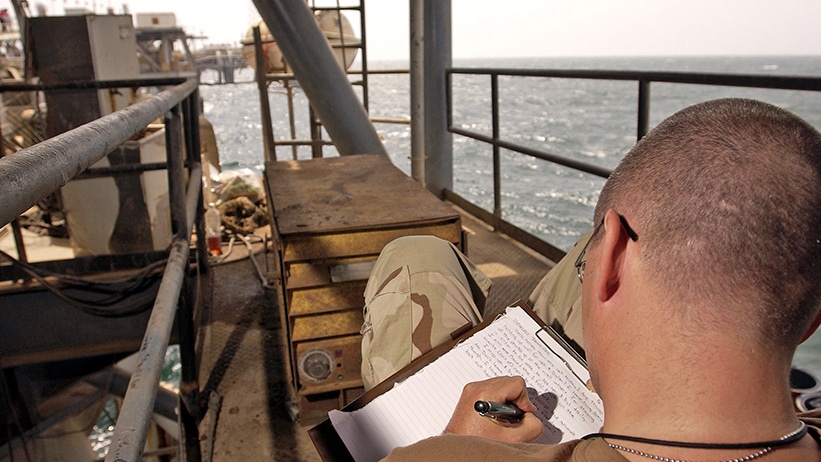
You might call or text each other ten times a day, but even if your loved one has phone access, nothing beats an old-fashioned love letter. A letter is a memory – a piece of paper you can physically hold in your hand is something to be treasured and saved. It’s something you’ll be able to show your grandchildren one day. It’s hard to say the same for texts.
4. Don’t Expect Perfection
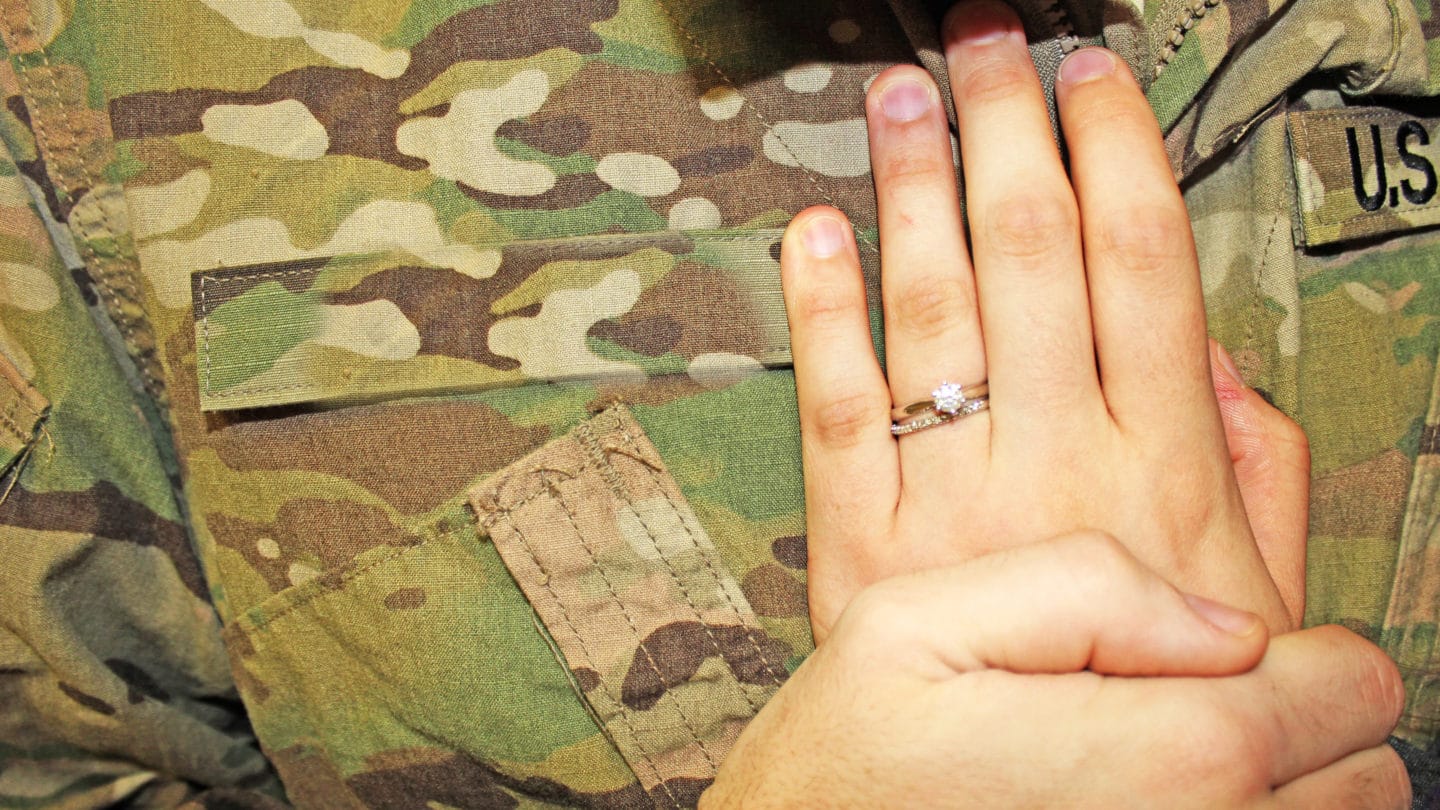
People in long distance relationships tend to idealize their partners. When you’re not living together and only seeing each other occasionally, you don’t tend to see someone’s quirks, stresses and not-so-attractive habits. As you spend more time together, it’s easy to become disappointed when you realize your partner isn’t as perfect as you imagined. So cut each other some slack. Understand that your partner is only human, and there’s beauty in imperfection.
5. Understand Military Challenges
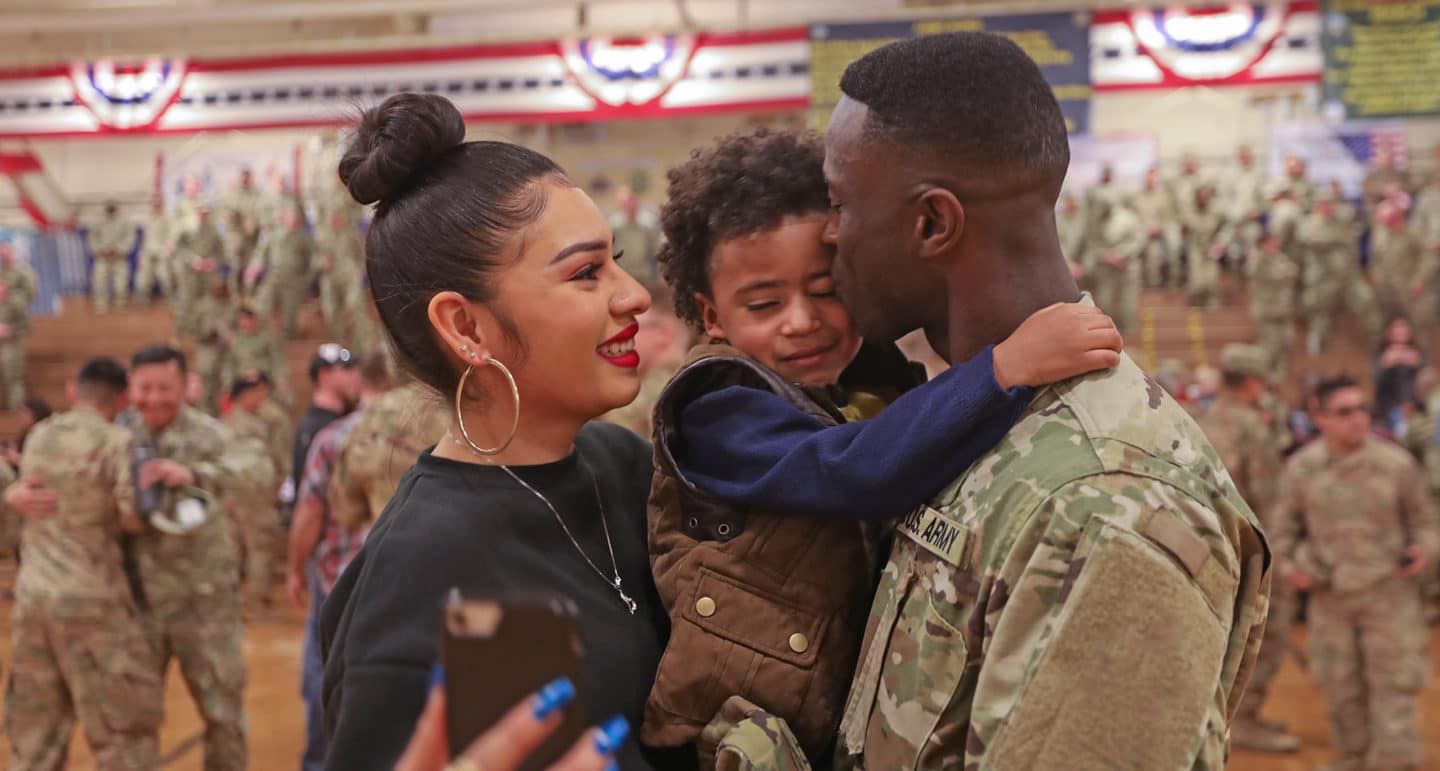
Military relationships aren’t like civilian relationships; the military sometimes creates unique obstacles that you will have to overcome. You might be frustrated, for example, that when you visit you can’t get on base or shop in the commissary if you’re not yet married, since you don’t have a dependent’s ID. Your partner might have to stay in the barracks while you stay in a hotel. And your time together, whether in person, over the phone or by email, might be more limited.
When a recruit is in boot camp, for example, he or she can only write and receive letters. And if your loved one is deployed on a ship or an aircraft carrier, there could be days of silence, when all communication is purposely down.
Understanding that a military relationship has its own unique and often difficult challenges is important; you don’t want to place additional stress on a servicemember who is in boot camp, deployed, or going through exhausting training.
6. Appreciate the Great Parts
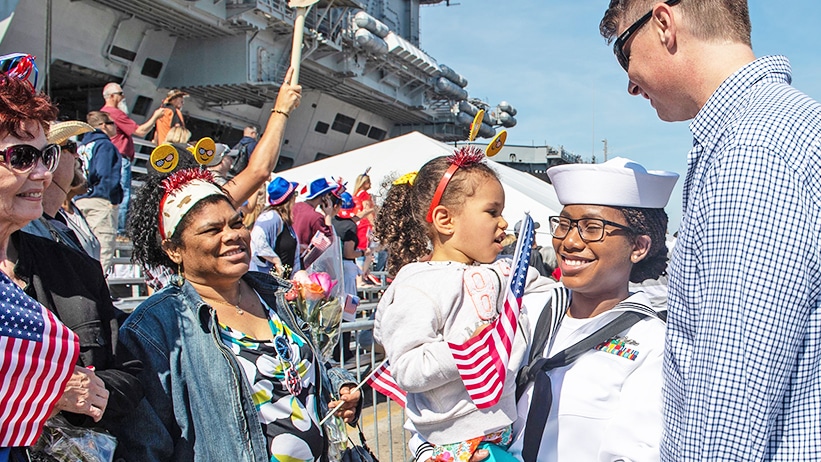
It’s also important to remember that a military relationship has its own blessings as well. Military communities are exceptionally supportive. Even if you’re in a long-distance relationship, find a support network. Befriend other significant others, and use social media groups to bond with others who are going through the same thing.
Also, in long-distance military relationships, you get to relive the “honeymoon period” over and over again, with many reunions. You and your partner will get to see different parts of the country and the world as he or she moves from base to base. And you’ll learn not to sweat the small stuff.
7. Make Homecomings and Visits Special
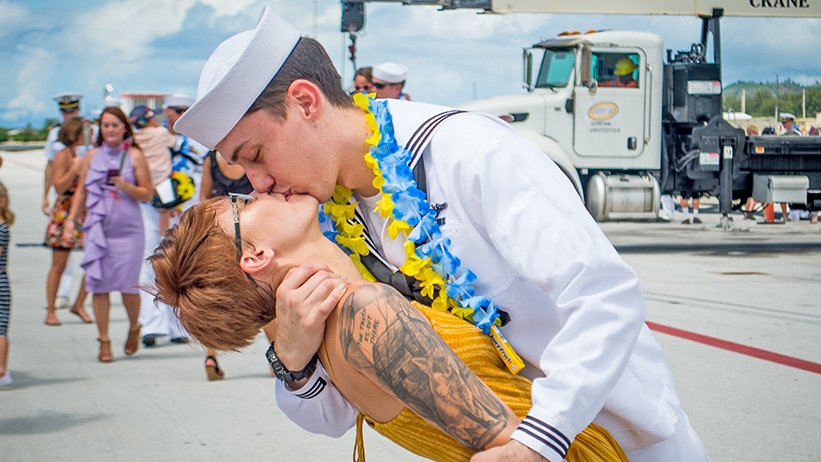
When your loved one comes home, or you visit, treat it like a special occasion. Buy a new outfit; cook a favorite meal; take a lot of pictures together; take walks; plan exciting things to do together. If you’re visiting a base, take the time to be a tourist, and create memories by going to see local attractions in the area.
8. Stay Busy

If you’re at home and your partner is away, stay busy. It will keep you from being lonely or dwelling on what you’re missing. Instead, think about something you’ve always wanted to do but haven’t had the chance to. Take tennis, art, music or creative writing lessons; join a church, a sports team or a book club; visit family; go to local museums and concerts; write that book you’ve been thinking about for years; start your own home business. If you’re focused on positive, exciting things at home, it will put your partner at ease and take the pressure off the relationship and the distance.
9. Don’t Rush Things

If you’re dating, don’t rush into marriage just because of the distance – it’s a pressure a lot of military couples put on themselves. Take the time to truly get to know each other, however long that takes. And recognize that marriage, or living together, might solve some of the problems of distance, but will likely create new challenges and adjustments. So savor the dating period. Enjoy the excitement of opening the mailbox to find a new letter. Relish the moments you are together instead of always thinking about the future.
10. Put Love at the Center of Your Relationship
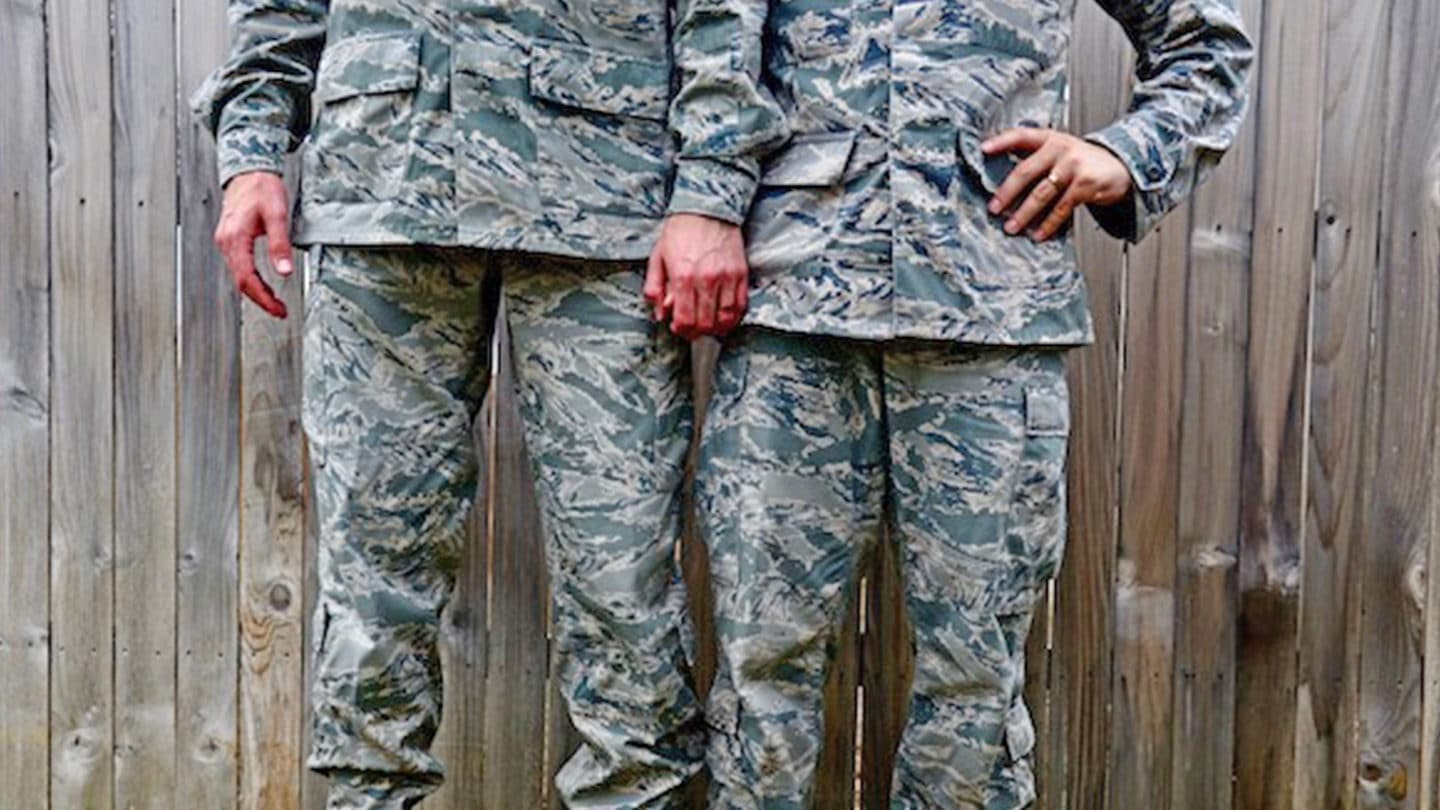
If love is the cornerstone of your relationship, you’ll be able to weather the storms. This means having patience when things get tough, or when communication is limited. It means having an understanding when visits get canceled, or dates change. It means taking a deep breath when you really want to scream. It means having compassion for the other person’s stresses. It means putting things in perspective.
Most of all, it means knowing you always have each other, whether you’re two feet or two hundred miles apart.
